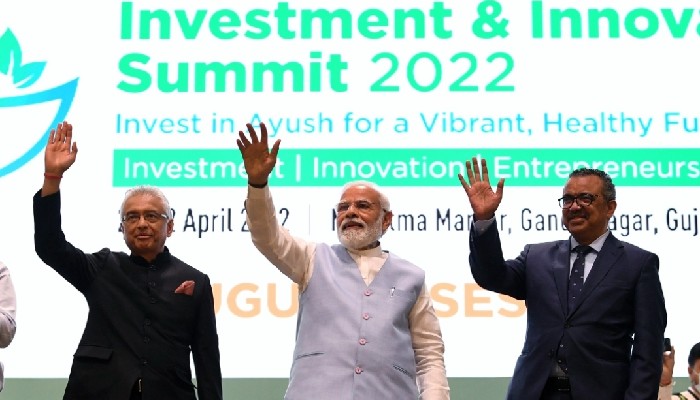NEP 2020 will ensure universal access to high-quality early childhood care and education across India
“India will emerge as a great knowledge centre and education destination in the world,” Union Minister for Human Resource Development Ramesh Pokhariyal ’Nishank’ said after the Union Cabinet headed by Prime Minister Narendra Modi gave approval to National Education Policy 2020 on Wednesday.
Receiving as many as 2.25 lakh suggestions and wide consultations from various walks of people after the draft on the new education policy was placed in public domain for consultations, the NEP 2020 is said to “bring transformational reforms in school and higher education systems in the country.”
The Union HRD Minister said NEP 2020 will ensure universal access to high-quality early childhood care and education across India. “We will focus on developing social capacities, sensitivity, good behaviour, ethics, teamwork and cooperation among children through a joyful pedagogy,” he added.
This is the first education policy of the 21st century and replaces the 1986 National Policy on Education.
Built on the foundational pillars of Access, Equity, Quality, Affordability and Accountability, this policy is aligned to the 2030 Agenda for Sustainable Development and aims to transform India into a vibrant knowledge society and global knowledge superpower by making both school and college education more holistic, flexible, multidisciplinary, suited to 21st century needs and aimed at bringing out the unique capabilities of each student.
MoS for HRD Ministry Sanay Dhotre said that the NEP 2020 is the most comprehensive, radical and futuristic policy document in the educational history of this country.
“It does not recognise any barrier in bringing quality and outcome-based education to each and everyone. It now includes children during their most foundational years, that is 3-5 years, for their care and education. Critical thinking, experiential and application-based learning, flexibility in learning, focus on life skills, multidisciplinary, and continuous review are some of the salient features of this policy,” Dhotre said
On mainstreaming the education for school drop-outs, he said, “Bringing back 2 crore out-of-school and drop-out children and universalisation of school education from 3 years onwards reflect on our commitment to the philosophy of 'no one to be left behind.”
Academic Bank of Credits, National Research Foundation, and National Mission on Foundational Literacy and Numeracy are some of the landmark policies, which will radically transform the country’s educational ecosystem, he said.
 Contact Us
Contact Us  Subscribe Us
Subscribe Us









 Contact Us
Contact Us
 Subscribe
Subscribe
 News Letter
News Letter

